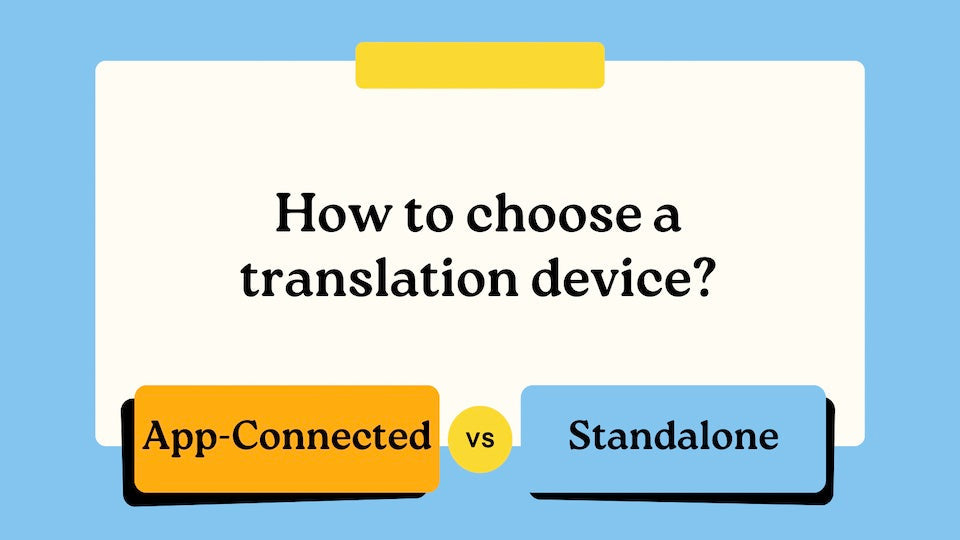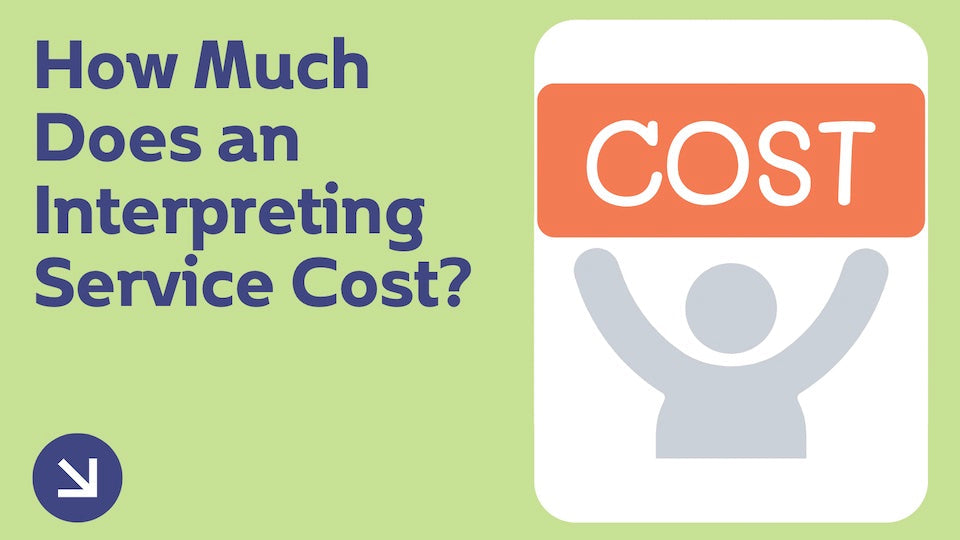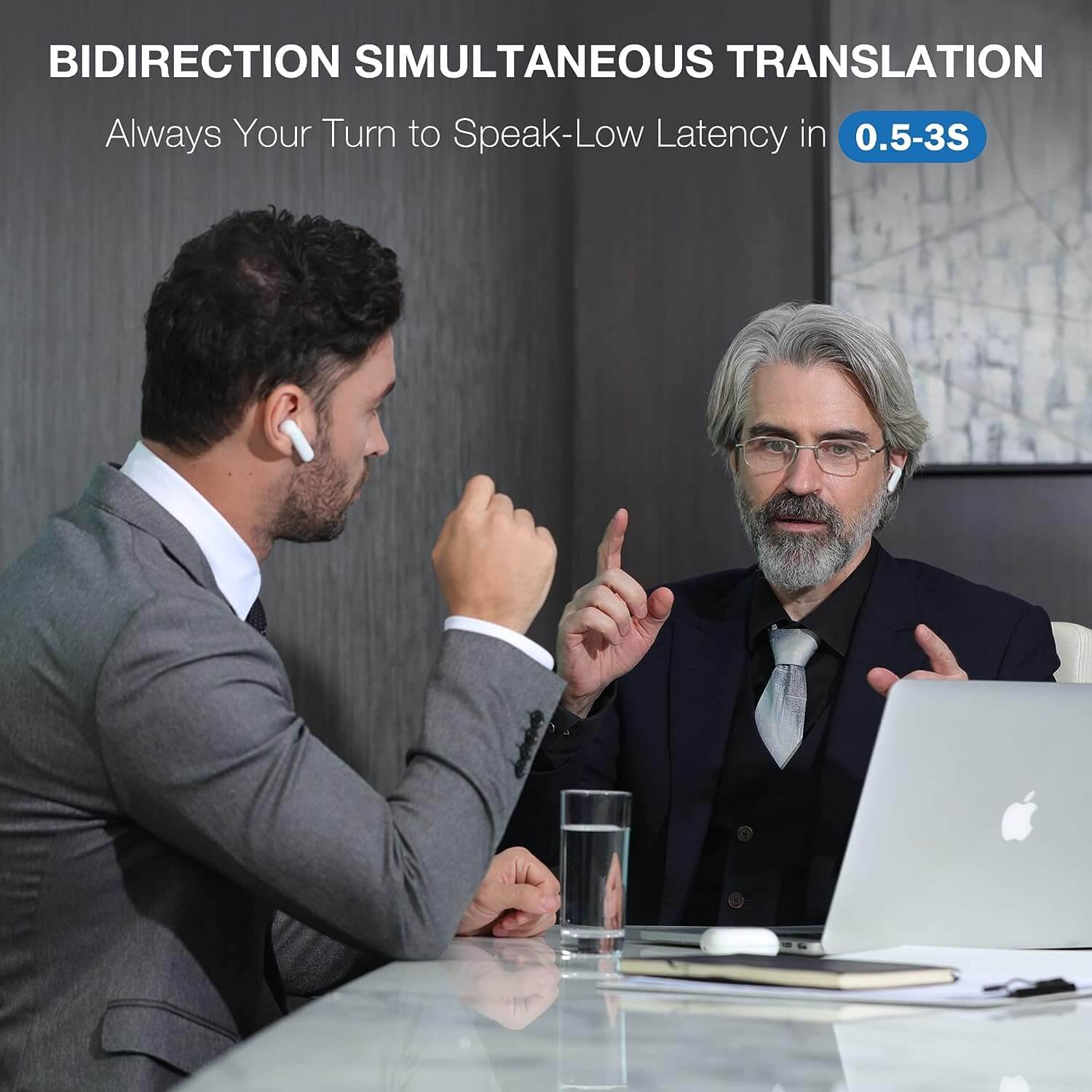
Filler Words: What They Are and How to Eliminate Them for Clearer Communication
Have you ever found yourself saying "um," "uh," or "like" repeatedly during a conversation or presentation? These small, seemingly harmless words are called filler words, and while they might seem insignificant, they can significantly impact how effectively you communicate. Whether you're preparing for a public speaking engagement, a job interview, or simply want to improve your day-to-day communication, understanding and managing filler words is an essential skill. This comprehensive guide explores what filler words are, why they matter, and practical strategies to reduce them in both speech and writing.
What are Filler Words?
Filler words are sounds, words or phrases we unconsciously insert into our speech or writing when we’re thinking about what to say next. These discourse markers don’t add meaning to our communication but rather are verbal bridges between thoughts. They’re automatic responses that fill the silence while our brains work out the next thing to say.
Common examples of filler words are:
-
Simple sounds: "um", "uh", "er", "ah"
-
Words and phrases: "like", "actually", "basically", "literally", "you know", "I mean", "sort of", "kind of"
-
Hedging language: "I think", "I guess", "maybe", "possibly"
We all use filler words to some degree, regardless of education or speaking experience. They’re more common when we’re nervous, unprepared or thinking on our feet. While occasional use is fine, too much filler can be a communication barrier.
The Problem with Filler Words
Filler words may seem harmless but their overuse can really kill your communication. When your message is cluttered with unnecessary words the core message gets watered down and harder to grasp for your listeners or readers. Wordiness creates several problems in communication.
First, filler words distract your audience. When you use "um" and "like" in your speech, your audience may start counting these verbal tics instead of focusing on what you are saying. Research shows that too many filler words can make you appear less confident, less knowledgeable and less prepared. In professional settings this can undermine your credibility and authority.
Second, filler words weaken the power of your communication by creating unnecessary verbal clutter. Clear communication is concise communication. When you remove filler words what’s left is stronger, more direct and more impactful. Compare these two sentences:
-
"I basically think that, you know, we should, like, consider the proposal."
-
"We should consider the proposal."
The second sentence conveys the same message but with greater clarity and authority. This applies to writing too where filler words create wordiness that dilutes your message and tests your reader’s patience.
How to Identify Your Filler Word Patterns
Before you can get rid of filler words you need to know what they are. Most people have specific filler words they use habitually without even realizing it. Becoming aware of this is the first step to improving your communication skills.
One way to do this is to record yourself speaking naturally, maybe during a phone call or explaining something to someone. Then listen back and note what filler words you use most and in what situations. Do you use "um" when switching topics? Do you say "you know" when explaining complex ideas? Knowing your patterns helps you know your triggers.
Another way is to ask a trusted friend or colleague for feedback. Often others notice our speech patterns more than we do ourselves. Ask them to signal to you when you use filler words during conversation or presentations. This instant feedback will help you become more aware of your habits in real time.
Strategies to Eliminate Filler Words in Speech

Get rid of filler words with practice and mindfulness, but with consistent effort you can really improve your verbal communication. Here are some practical tips to eliminate those verbal pauses:
Embrace the Power of Silence
One of the best ways to get rid of filler words is to get comfortable with short silences. Many people say "um" or "uh" because they fear silence, but strategic pauses can actually help your communication. When you need a moment to think, just pause. These short silences give your listeners time to process what you’ve said and for you to formulate your next point without verbal clutter.
Practice this by pausing when you would normally say a filler word. At first these silences will feel awkward to you, but to your audience they will seem natural and thoughtful. With practice you’ll get more comfortable with these short silences.
Slow Down Your Speech
Speaking too fast often leads to more filler words as your mouth can’t keep up with your racing thoughts. By slowing down your speech you give yourself more time to think and articulate your ideas without resorting to verbal crutches. This measured approach not only reduces filler words but also makes your overall delivery more authoritative and thoughtful.
Try practicing with prepared remarks at a slightly slower pace than feels natural. Record yourself and adjust until you find a pace that allows you to speak clearly without rushing. This pace will become more natural with practice.
Prepare and Practice
Preparation reduces filler words especially in formal situations. When you know your stuff you won’t be searching for words or concepts mid sentence. For important presentations or discussions outline your key points and practice articulating them clearly.
But don’t memorize scripts word for word as this can increase filler words if you get lost. Instead internalize your main points and practice expressing them in different ways. This flexibility helps you stay fluent even when conversations go off track.
Eliminating Filler Words in Writing
Written communication has different types of filler words than spoken, but the principle is the same: unnecessary words water down your message. In writing, filler words often take the form of hedging language, redundancies or empty phrases that add length without substance.
The editing process is key to removing written filler words. After you’ve written your first draft, review specifically for phrases like “in my opinion,” “I believe that,” “the fact that,” and similar constructions that add words without adding meaning. The simple test is to remove the suspected filler phrase and see if the sentence still makes sense. If it does, the phrase was unnecessary.
Consider these examples of before and after editing:
- Before: "In my personal opinion, I think that the project will basically take approximately about two weeks to complete."
- After: "The project will take two weeks to complete."
The edited version conveys the same information more powerfully by removing redundancies and hedging language. This writing technique gives you clearer, more authoritative writing that respects your reader’s time and attention.
The Balance: When Filler Words Serve a Purpose
While this post is about reducing filler words, it’s worth noting that some discourse markers do serve a purpose. In casual conversation, “you know” can create rapport and check for understanding. In complex explanations, transition words help guide the listener through your thinking.
The goal isn’t to eliminate every instance of these words but to use them intentionally not habitually. Good communicators use these words strategically when they serve a purpose not as unconscious verbal tics that detract from the message.
Conclusion
Filler words are a part of how we process language but their overuse can really undermine your communication. By becoming aware of your personal habits, embracing silence, slowing down and editing like crazy you can get rid of these verbal and written distractions.
Remember eliminating filler words isn’t about being perfect it’s about being clear and impactful. As you practice these techniques you’ll find your communication becomes more confident, authoritative and persuasive. Your listeners and readers will focus more on your ideas and less on the words around them.
Clear communication is a skill worth developing and managing filler words is a big part of that. Start paying attention to your habits today and you’ll be on your way to more powerful communication.
Frequently Asked Questions
Are all filler words bad?
No. Occasional filler words are natural in spontaneous speech. The problem is when they become so frequent they detract from your message or your credibility. Some discourse markers also serve a purpose in conversation, like keeping the flow or checking for understanding.
Why do I use more filler words when I'm nervous?
Anxiety increases cognitive load, making it harder to process language smoothly. When I’m nervous my brain is working overtime managing my thoughts and my anxiety, so I pause more and use more fillers. That’s why preparation and practice are so important for high pressure speaking situations.
Can filler words vary by culture or language?
Yes. Filler words exist in all languages, but the forms and social interpretations vary widely across cultures. What’s excessive in one culture is normal in another. If you speak multiple languages or cultural contexts, it’s worth understanding the norms for each situation.
How long does it take to reduce filler word habits?
Like any habit change, breaking filler words takes consistent practice and awareness. Many people see noticeable improvement in a few weeks of focused effort, but changing ingrained speech patterns can take months. The key is persistent awareness and practice not instant perfection.



















